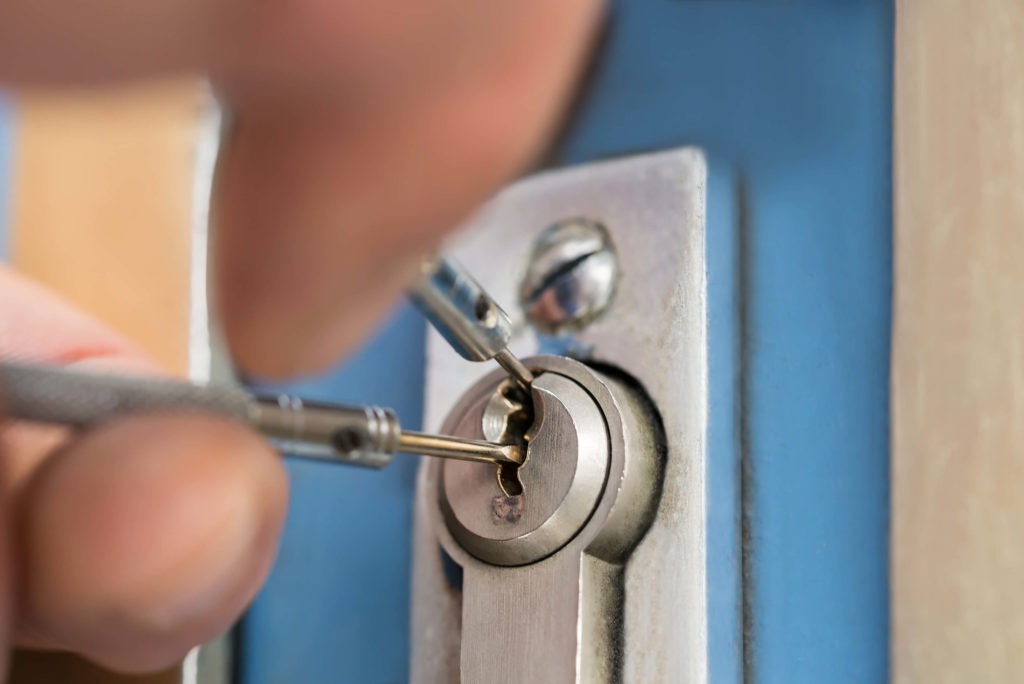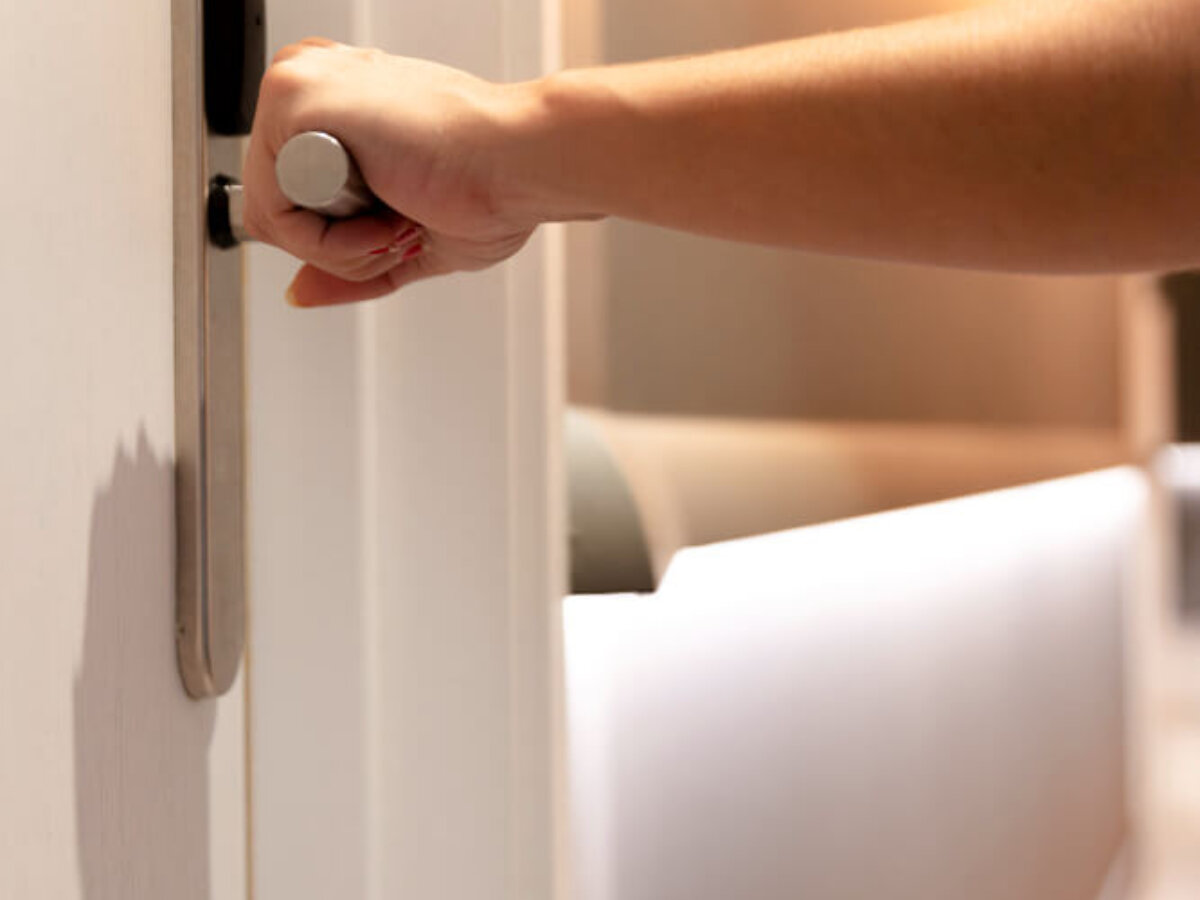When it comes to choosing locks for safes and vaults, the task can seem daunting. The right lock is essential to ensuring the protection of your valuable belongings. Whether you’re a homeowner looking to secure personal items or a business owner protecting sensitive documents, understanding which lock to choose is crucial.
In this guide, we’ll delve into the various aspects of selecting the right locks for your safes and vaults. From understanding the different types of locks available to considering factors like security level and ease of use, this article will provide you with the information you need to make an informed decision.

Understanding the Importance of Secure Locks
Locks are the first line of defense against theft and unauthorized access. A secure lock can deter potential intruders and provide peace of mind. It’s crucial to choose a lock that meets your specific security needs.
Types of Locks for Safes and Vaults
There are several types of locks to consider:
- Combination Locks: These locks require a specific sequence of numbers to open. They are reliable and do not require keys.
- Electronic Locks: Operated by a keypad, these locks offer convenience and can be programmed with multiple codes.
- Biometric Locks: Using fingerprint recognition, these locks provide high security and are very user-friendly.
- Key Locks: Traditional locks that require a physical key to open. They are simple but can be vulnerable if keys are lost or stolen.
Factors to Consider When Choosing a Lock
When choosing a lock for your safe or vault, consider the following factors:
Level of Security
The primary purpose of a lock is to provide security. Consider the value of the items you are protecting and choose a lock that offers the appropriate level of security.
Ease of Use
Some locks are more user-friendly than others. If multiple people will need access, consider a lock that is easy to use and manage.
Durability
Locks should be durable and able to withstand attempts at forced entry. Look for locks that are made from high-quality materials.
Installation and Maintenance
Proper installation is crucial to the effectiveness of a lock. Consider hiring a professional locksmith to ensure your lock is installed correctly. Regular maintenance is also important to ensure the lock continues to function properly.
Professional Installation
Having a lock professionally installed can ensure it is done correctly and securely. A professional can also provide advice on the best lock for your needs. For more information on professional installation, you can visit this article.
Regular Maintenance
Locks require regular maintenance to ensure they remain secure. This includes checking for wear and tear and ensuring that electronic components are functioning correctly.
Cost Considerations
The cost of a lock can vary widely depending on its type and security level. It’s important to balance cost with security needs to get the best value.
Budgeting for Security
While it might be tempting to choose a cheaper lock, remember that security is an investment. Consider the potential cost of theft or loss when budgeting for a lock.

FAQs
What is the best type of lock for a safe?
The best type of lock depends on your specific needs. Electronic and biometric locks offer high security and convenience, while combination locks are reliable and do not require a key.
How often should I maintain my lock?
Regular maintenance is recommended at least once a year. However, if you notice any issues with the lock’s performance, address them immediately.
Can I install a lock myself?
While some locks can be installed by the owner, professional installation is recommended to ensure the lock is properly fitted and secure.
For more detailed insights on high-security locks, you can explore resources like smart locks or user-friendly locks.
This article contains affiliate links. We may earn a commission at no extra cost to you.





